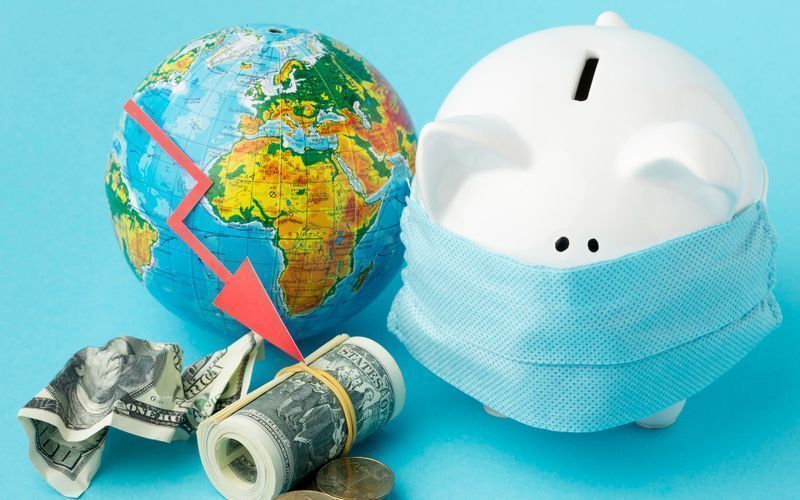The World Bank calls for a reduction in financial support for animal husbandry
According to Bloomberg, the World Bank has released a comprehensive food climate plan.

The document says that rich countries should reduce financial support for animal husbandry to help cope with environmental pollution caused by the consumption of red meat and dairy products.
In 2016, one third of all agricultural subsidies in the world were allocated to support meat and dairy farming. A recent study by the University of Leiden (the Netherlands) and the Chatham House think tank showed that more than 80% of agricultural subsidies in the EU are directed to the production of livestock products with intensive emissions. Reducing aid will help draw consumers' attention to products with lower emissions, according to the authors of the report.
In addition, governments, businesses and citizens can increase the share of low-emission foods in consumption through various measures, including education and communication campaigns, as well as food labeling, the World Bank said. The full cost of animal products will make low-emission options more competitive, while meat products will be 20-60% more expensive.
Dozens of authors from various organizations participated in the preparation of the World Bank report, the document represents the first comprehensive program to address the problem of food's impact on the climate. Separately, the Food and Agriculture Organization of the United Nations (FAO) is developing its own roadmap, which is scheduled to be completed by the end of 2025.
If the problem of the impact of food on the climate is not addressed, the planet will not achieve its environmental goals, the World Bank has warned. According to the report, annual investments will have to grow 18 times to $260 billion to halve agricultural emissions by 2030 and help the world achieve the goal of zero emissions by 2050. But the rewards will be much greater than the costs, the World Bank said in a statement.
In 2016, one third of all agricultural subsidies in the world were allocated to support meat and dairy farming. A recent study by the University of Leiden (the Netherlands) and the Chatham House think tank showed that more than 80% of agricultural subsidies in the EU are directed to the production of livestock products with intensive emissions. Reducing aid will help draw consumers' attention to products with lower emissions, according to the authors of the report.
In addition, governments, businesses and citizens can increase the share of low-emission foods in consumption through various measures, including education and communication campaigns, as well as food labeling, the World Bank said. The full cost of animal products will make low-emission options more competitive, while meat products will be 20-60% more expensive.
Dozens of authors from various organizations participated in the preparation of the World Bank report, the document represents the first comprehensive program to address the problem of food's impact on the climate. Separately, the Food and Agriculture Organization of the United Nations (FAO) is developing its own roadmap, which is scheduled to be completed by the end of 2025.
If the problem of the impact of food on the climate is not addressed, the planet will not achieve its environmental goals, the World Bank has warned. According to the report, annual investments will have to grow 18 times to $260 billion to halve agricultural emissions by 2030 and help the world achieve the goal of zero emissions by 2050. But the rewards will be much greater than the costs, the World Bank said in a statement.
Key News of the Week











